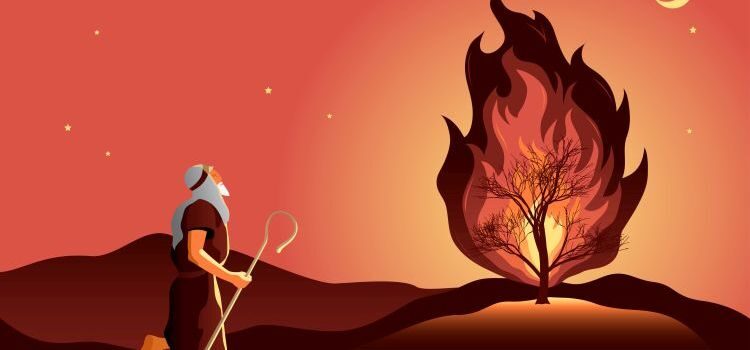
Hello everyone,
Welcome to the latest issue of our church newsletter. I hope you are keeping well and staying safe. Our newsletter is sent out regularly to share reflections from services, Bible readings and church news to our church family. Please note that there will be no newsletter next week due to holiday. The next newsletter will be sent out on 26 August.
You can find previous issues of the newsletter on our church website at www.christchurchuxbridge.org.uk We would love to hear from you and are looking for uplifting and encouraging content to share in future issues of this newsletter. If you have any ideas or content that we can share, please do email them to Louise (publicity@christchurchuxbridge.org.uk)
We start with our opening prayer:
Loving God,
open our eyes, open our ears,
open our hearts to the needs around us.
Help us to see people who are hidden in the margins.
Help us to hear those who find it hard to have a voice.
Help us to feel the pain of people who feel trapped by their circumstances.
Give us a vision for a renewed community.
Help us to model good listening and caring.
Give us wisdom, passion and energy to do your work here
where we live and see people transformed and set free.
Amen.
(Taken from Roots)
Reflection from 7 August
Reading: Exodus 3:1 – 4:17
Think about either the most or the least exciting invitation you ever received and tell your neighbour:
- What was the occasion?
- Did you accept the invitation?
- Why did you accept / decline it?
I expect that, in your conversations quite a wide variety of invitations were discussed. The important thing to remember about an invitation is that you have the choice whether to accept or decline. You might risk offending the host if you do decline, but generally you can say “no”.

Sometimes we think of a call from God as being a bit like an invitation to which we are free to say “yes” or “no”. If we think of the famous passage from the book of Isaiah that documents that prophet’s call it actually reads like a request for a volunteer:
“I heard the voice of the Lord saying, ‘Whom shall I send? And who will go for us?’
And I said, ‘Here am I. Send me!’”
Isaiah seems to be champing at the bit to serve God. So do the disciples that Jesus calls to follow him. In the gospels, their response to the call to follow Jesus tends to be portrayed as instantaneous (and, presumably, joyful).
The story we heard read from the book of Exodus shows us that Moses’ experience wasn’t like Isaiah’s or the disciples’ at all. Moses’ calling was more akin to a summons issued from a master to a servant. On this occasion it was God who was champing at the bit. He intended to rescue the Israelites from slavery and had decided that Moses should help him. God wasn’t in any mood to allow Moses to say “no”.
Let’s start by looking at the episode from Moses’ perspective. There was nothing obviously special about the day. He was going about his ordinary work of tending his father-in-law’s flock and, unexpectedly, God turned his life upside down.
Moses had almost certainly spent more of his adult life in the land of Midian than he had spent in Egypt. He had married and had children and was settled living alongside his father-in-law’s family. As a herder of sheep his life would have been nomadic. We don’t know exactly how long he had been in Midian. Exodus simply refers to his time there as “that long period”.
In Egypt, he had spent most of his childhood as a prince of the royal household, been brought up in an urban civilisation, and schooled to be a leader. He surely knew that his ethnicity was that of an Israelite, because he had reacted violently when he witnessed the harsh treatment applied to the Israelites. But he had no memorable, personal experience of what it was like to be a slave.
Now God was ordering him to leave his home and return to the place of his birth. There he would risk incurring Pharoah’s displeasure by asking him to release an enslaved people with whom Moses had only limited identification.

God seemed to be demanding a lot from him and he didn’t want to do it.
Accordingly, he put forward a number of objections:
- he didn’t think he was the right person for the task;
- he was not a good speaker;
- the Israelites might not believe that God had sent Moses to rescue them;
- the Israelites might not know who God was.
God answered these points, not necessarily to Moses’ satisfaction, but certainly God considered he had said enough because God concluded with the words: “Now go.” In other words “Get on with it!”
So, since God still wasn’t getting the message, Moses resorted to speaking bluntly and said, “Please send someone else.”
It was a desperate plea. He really didn’t want to go through what lay ahead but his hints hadn’t been sufficiently strong to enable God to get the message. Or perhaps God had got the message, but was determinedly swatting it away.
Moses liked his quiet life of herding sheep in Midian. He wanted it to continue. But God had a different plan.
Now, let’s try looking from God’s perspective. While Moses had been living in Midian, the conditions in which the Israelites had been living and working had worsened. They had been crying out to God to help them. God had decided to rescue them. God seemed to think that this brief explanation of the situation should be sufficient for Moses, because his next words were, “So now, go. I am sending you to Pharaoh to bring my people the Israelites out of Egypt.”
God appeared not to have chosen Moses for the task because of some special ability or prior experience on Moses’ part. Nor is there any indication that Moses would experience any sense of pleasure or fulfilment through the task he was being asked to carry out.
The only encouragement God offered when Moses challenged him, was that Moses wouldn’t be going to Pharoah alone. God would be with him and would tell him what to say. It would be God, not Moses, who would perform wonders in Egypt and eventually persuade Pharoah to let the people go.
If that reassurance wasn’t enough, God also offered Moses a sign that it really was God who was commissioning Moses for the task. However, it was a bit of a strange sign.
You may remember the Old Testament story about the Judge Gideon. In Gideon’s day the Israelites were again being oppressed, on that occasion by the Midianites. An angel came to Gideon and commissioned him to rescue Israel. Gideon asked for a sign to reassure him that the commission did indeed come from God and received the sign immediately. His offering of meat and unleavened bread was consumed by fire that sprang from the tip of the angel’s staff.
Moses didn’t ask for a sign. God offered him one, but the sign would only work through hindsight. In other words, he was being asked simply to trust God. If he did, he would eventually be able to look back and see that God had, indeed, been with him throughout his dealings with Pharoah and the Israelites.
God was looking at a bigger picture than Moses. In the past God had promised Abraham, Isaac and Jacob that the land of Canaan would be theirs. He meant to keep that promise. God intended the people of Israel to be a means of blessing the whole world. They couldn’t be that means of blessing while they were enslaved in Egypt. God felt a sense of urgency about getting them out of Egypt and wasn’t going to allow Moses to derail his plan by refusing to co-operate with it.
I expect that very few, if any, of us here have been commissioned to bring about a life-changing rescue on a national scale. Many of us may have experienced a sense of being called to serve God through some kind of church activity, by developing a skill or talent that we seem particularly good at, or by pursuing a professional vocation.
We generally take time to weigh up and test the call, seeking the guidance of the Holy Spirit, perhaps asking advice from people we trust, expecting that we will ultimately have the freedom to say “no” even though God might seem to be very persistent in issuing his call.
But at some time in the life of each person here, it is entirely possible that we will find ourselves serving God in a way for which we feel ill-equipped, and really wouldn’t have voluntarily taken on if we thought that another, realistic choice was available. And the need for that service may come completely out of the blue and feel devastating when it arises.
Perhaps someone very close to you develops a long term and serious health impairment or a terminal illness and you become their main carer. You may feel physically and mentally exhausted with no ability to have any say over the nature and timing of medical and social care interventions. You just have to keep going and try to be flexible as the condition and treatments change.
Perhaps someone becomes dependent on you to manage their finances or to bail them out time and time again when they have no money of their own. The sense of responsibility can be daunting. It may feel frustrating if the other person is constantly trying to circumvent the controls that you have put in place, in order to protect their interests. It can be hard not to feel resentful when you see your own savings being steadily depleted.
Or perhaps, just as you are looking forward to retirement and enjoying some leisure time, you become the guardian of young children. Energy levels that were already feeling low become further drained. Anxieties of a kind that you thought had been left far away in the past once again become a feature of everyday life. There is a whole new culture to get to grips with.
Often, our faithfulness to God is demonstrated through our faithfulness towards the people he has placed us alongside, and a determination to do what we believe to be right even though the personal cost can be high. We might not always feel God’s presence with us during the moment of crisis, but he will be faithful to us and when we look back and reflect, we will often be able to identify his provision and guidance. He undoubtedly loves us, but from time to time he relies on us to be channels of his love and care towards others.
Does God ask too much of us?
Sometimes it might feel as though he does. But he doesn’t ask more of us than he was prepared to do himself. In the person of Jesus, God got himself involved in all the pain, sadness and squalor of human life. He had to respond to unexpected demands and be prepared to change his plans as circumstances developed.
In the garden of Gethsemane, Jesus revealed his desperation not to endure what he knew lay before him. In his cry from the cross, Jesus showed that he too experienced a time when God seemed far away and silent. Our God understands better than we realise and is always beside us.
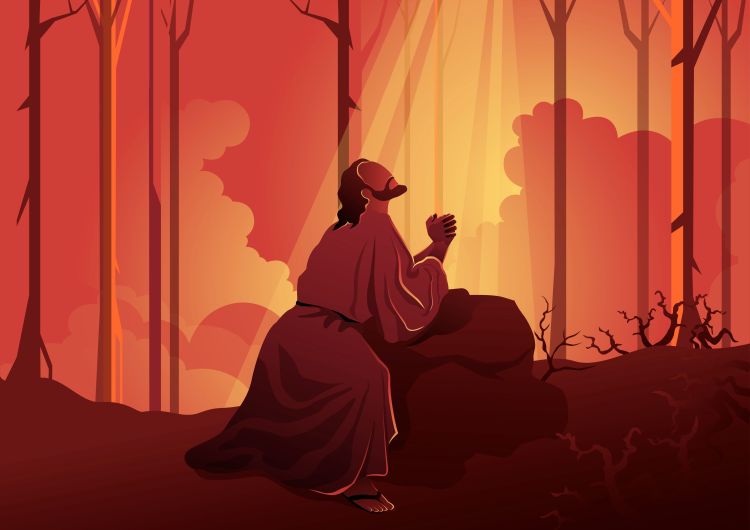
Time and again, in the Psalms, we encounter the expression of raw desolation. But time and time again the poetry turns from dismay and desperation to confident hope that God is “an ever-present help in trouble” and so we should “be strong and take heart”. And right at the end of Matthew’s gospel, we read Jesus’s promise to his followers “I am with you always”.
So, if it seems like everyone turns to us in a crisis and expects us to be their rock, yet no-one is there to be our rock, and we feel overwhelmed and alone, let’s hold fast to the promise that God is with us.
Cathy Smith
Readings for 14 August
Luke 12:49-56 (NIV)
Not Peace but Division
49 “I have come to bring fire on the earth, and how I wish it were already kindled! 50 But I have a baptism to undergo, and what constraint I am under until it is completed! 51 Do you think I came to bring peace on earth? No, I tell you, but division. 52 From now on there will be five in one family divided against each other, three against two and two against three. 53 They will be divided, father against son and son against father, mother against daughter and daughter against mother, mother-in-law against daughter-in-law and daughter-in-law against mother-in-law.”
Interpreting the Times
54 He said to the crowd: “When you see a cloud rising in the west, immediately you say, ‘It’s going to rain,’ and it does. 55 And when the south wind blows, you say, ‘It’s going to be hot,’ and it is. 56 Hypocrites! You know how to interpret the appearance of the earth and the sky. How is it that you don’t know how to interpret this present time?
Further readings from the lectionary this week are as follows:
- Jeremiah 23:23-29
- Psalm 82
- Hebrews 11:29 – 12:2
Readings for 21 August
Luke 13:10-17 (NIV)
Jesus Heals a Crippled Woman on the Sabbath
10 On a Sabbath Jesus was teaching in one of the synagogues, 11 and a woman was there who had been crippled by a spirit for eighteen years. She was bent over and could not straighten up at all. 12 When Jesus saw her, he called her forward and said to her, “Woman, you are set free from your infirmity.” 13 Then he put his hands on her, and immediately she straightened up and praised God.
14 Indignant because Jesus had healed on the Sabbath, the synagogue leader said to the people, “There are six days for work. So come and be healed on those days, not on the Sabbath.”
15 The Lord answered him, “You hypocrites! Doesn’t each of you on the Sabbath untie your ox or donkey from the stall and lead it out to give it water? 16 Then should not this woman, a daughter of Abraham, whom Satan has kept bound for eighteen long years, be set free on the Sabbath day from what bound her?”
17 When he said this, all his opponents were humiliated, but the people were delighted with all the wonderful things he was doing.

Further readings from the lectionary this week are as follows:
- Isaiah 58:9b-14
- Psalm 103:1-8
- Hebrews 12:18-29
Our worship
We meet at 11am for our Sunday services, which are also live-streamed on our Facebook page. If you wish to view our services online, you can find them at www.facebook.com/christchurchuxbridge. You do not have to be a Facebook user to watch them – our services are publicly viewable. You can also view a recent service on our church website. Our service this week will be a Songs of Praise service led by Christ Church member, Stephanie Marr. You can find the order of service here.
If you are unable to join us in person or online for our Sunday services, but would like to receive a recording of them on a memory stick to watch at home, please let us know.
Forthcoming services
14 August – Christ Church worship group – Songs of Praise service.
21 August – Lilian Evans (URC lay preacher)
28 August – Revd Dr Claire Potter (Methodist minister) – communion service
4 September – Anne Byfield (URC lay preacher)
Operation Christmas Child shoebox appeal 2022
Would you like to be part of this appeal again and bring joy and God’s love to a child this Christmas?

Printed shoeboxes and leaflets will be available from the vestibule although you can cover your own shoebox if you prefer.
We’ll be collecting the filled shoeboxes during October & November so you have plenty of time to collect items over the summer and beyond.
Last year we donated 36 boxes and a few were donated online. Let’s see If we can donate more this year!
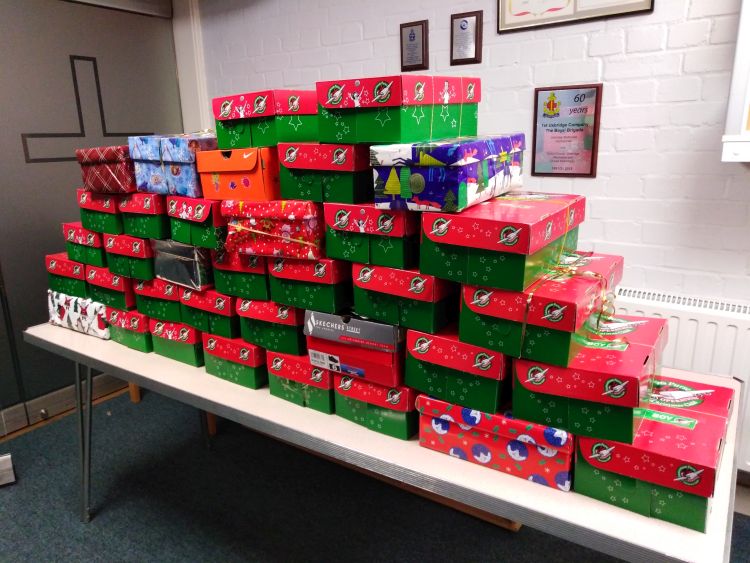
The August coffee mornings will also be for Operation Christmas Child.
If you have any questions please see Graham or Denise.
Christ Church 50th Anniversary
Dates for your diary
Sundays, 12.30pm – 2pm (approx.)
Rehearsals in the chapel for Hopes and Dreams: Moving Forward. Please contact Jean or Louise George for more details.
Please note there will be no rehearsal on 14 August or 28 August.
Tuesday 16th August, 12noon – 2pm
Bunting making worship. Please contact Denise for more details.
Saturday 3rd September, 12noon – 2pm
Bunting making worship. Please contact Denise for more details.
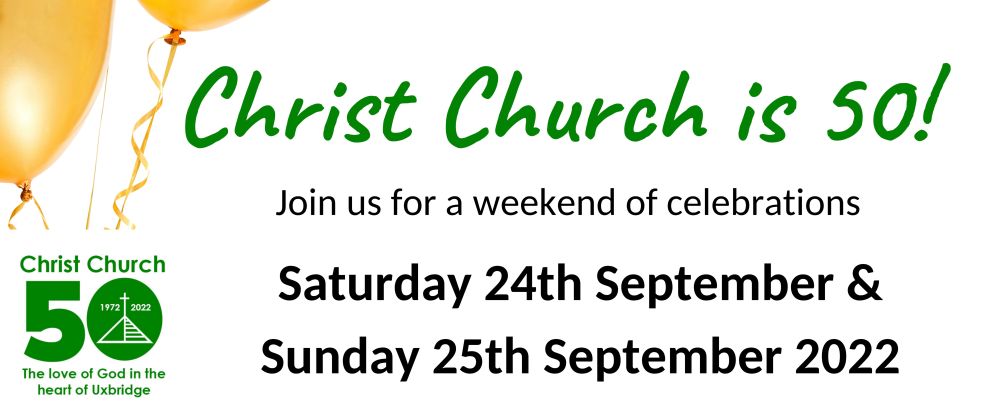
Saturday 24th September
All day – Exhibition
10am – 1pm – Fete
3pm – Thanksgiving service
7pm – Quiz supper
Sunday 25th September
11am – Communion and covenant service
1pm – Bring and share lunch
3pm – Hopes and Dreams: Moving Forward
Saturday 8th October, 10am – 12noon
Sewing bee for the community anniversary commemorative wall hanging. Please contact Joanne for more details.
For more information about our anniversary events, please visit our 50th anniversary page.
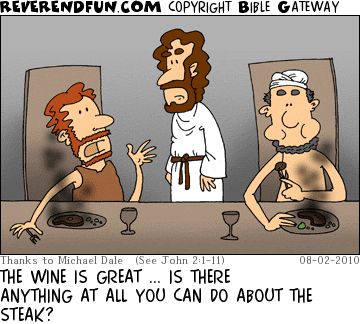
Greenbelt – bunting needed
Each year, URC members who aren’t able to join us in person at Greenbelt have connected with us through creating and sending in knitted items, handmade postcards, and through prayer. Each of these small offerings has found a place with many others sent from across the country to create a wonderful reflection of the creativity and diversity of the URC family. And at the end of each festival, people have been queuing up to take a little piece of the display home with them as a lasting reminder of precious times at Greenbelt.

For 2022, we are inviting you to create bunting to display in the tent at Greenbelt. This can be individual triangles or made into a 2-metre length! The bunting can be made from paper, card, cloth or whatever you happen to find around the home. Your bunting triangles can include images of revolting Christians, symbols of faith or just multicoloured patterns and shapes that are beautiful to look at. You could create a representation of your congregation or church building or your neighbourhood or something celebrating the 50th year of the URC. Let your imagination fly!
Please pass on your finished bunting to Joanne Mackin by 22nd August.
Children’s Corner
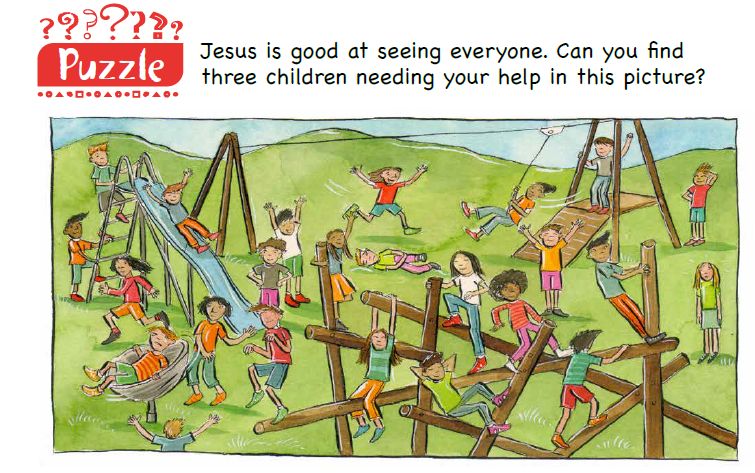
Praying for other churches
w/c 14 August
This week we hold the following churches in our prayers:
- Wealdstone Methodist
- Wembley Park URC
w/c 21 August
This week we hold the following churches in our prayers:
- Yiewsley Methodist
- Ickenham URC
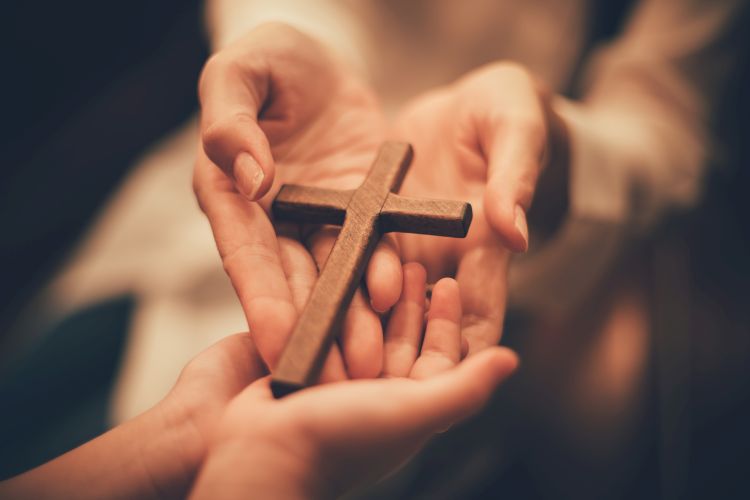
Closing prayer
May Almighty God give you strength to run the race that is set before you,
give you power and hope to persevere to the end;
and the blessing of God the Creator, the Christ and the Spirit go with you.
Amen.
(Taken from The Vine)
